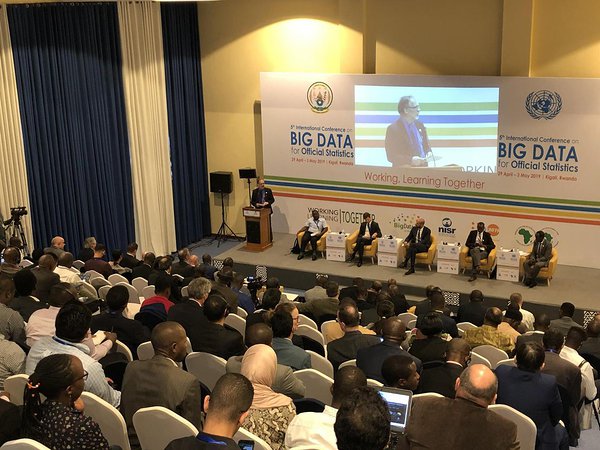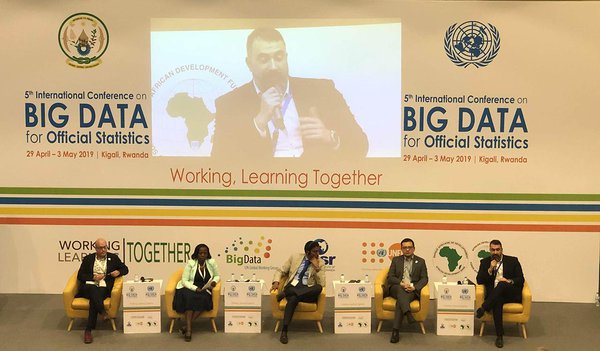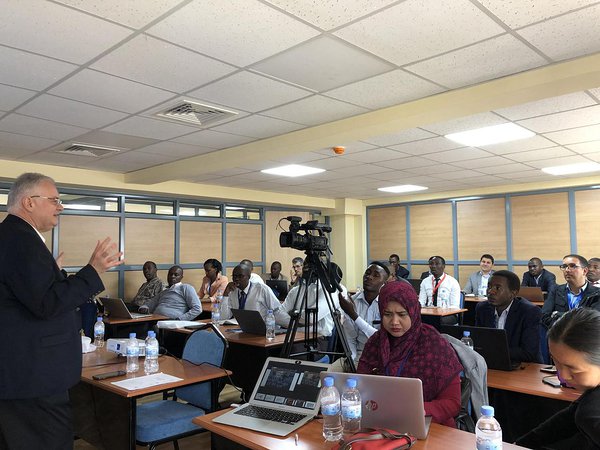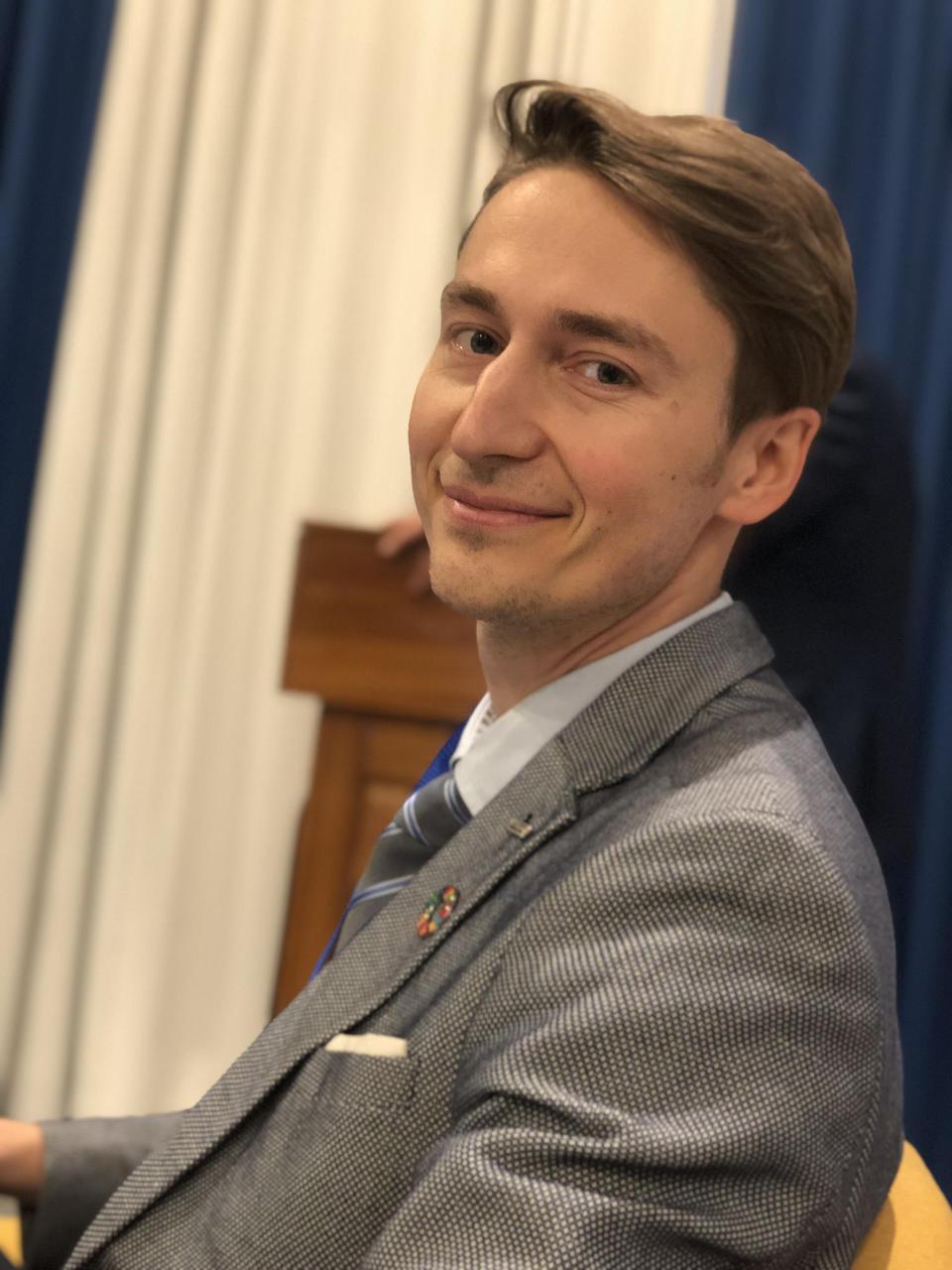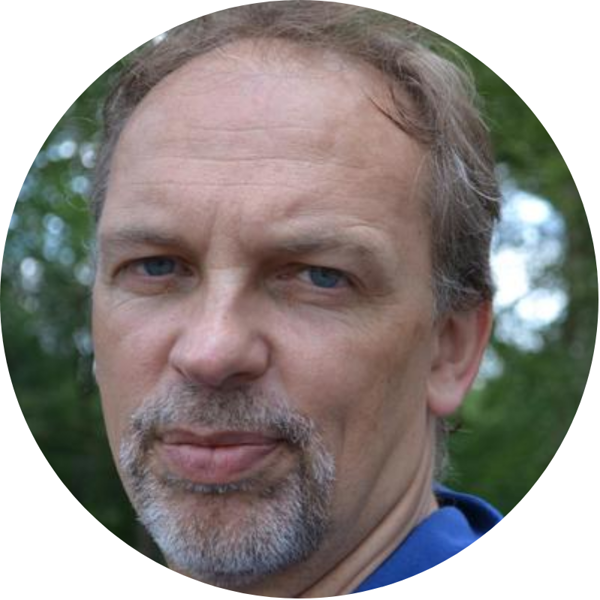The United Nations Statistics Division (UNSD) hosted the 5th International Conference held in Kigali, Rwanda. At the event, the potential for using innovative mobile positioning data sources in Africa was showcased, reflecting on projects that are currently going on around the world and on how businesses and governments can benefit from it.
After five days of interactive workshops, presentations from worldwide big data professionals along with expert panel discussions, Siim Esko, our Head of International Sales, talked exclusively to Ronald Jansen, Chief of the UNSD’s Data Innovation and Capacity Branch.
We just finished the UN Big Data Conference. Ronald, can you talk a little about the conference and why the UN decided to host this event?
[Listen to the full interview here]Ronald: This is the 5th conference, before we've been in China, Abu Dhabi, Ireland and in Bogota, so we've been to many parts of the world, and we were very excited this year to go to Africa, to show that, also in Africa, you can have all the big data sources, new data sources, to use these for official statistics. Now, as you know, we [part of the] United Nations Global Working Group. This is an official body within the United Nations with country representatives and with representatives of international organisations. And then we have this conference annually to show where we are in terms of projects that are going on around the world and how other countries can benefit from them.
The main de corps members of the Global Working Group are our statistical offices, we really like to reach out and have academia, the private sector and civil society organisations work with us. We are particularly interested in having expertise on the data science side. We have statistical knowledge, but we don't have the knowledge in our community directly on data science.
During the conference itself, we had a session where we had to be a bit more brief and strategic in the way we show [the potential of mobile phone data]. But I think we showed very well to this relatively large public audience, consisting of statistical offices, first of all, from Africa but also far beyond Africa, what mobile phone records are and what you can do with it. I liked your presentation where you actually really nicely indicated for which kinds of data – which kind of output statistics – you could use CDR and signalling data for: population estimates, commuting, tourism statistics, migration statistics, and so forth.
Then we had other applications: the application in Indonesia, the regulator from Rwanda gave their side of the story, Flowminder/University of Southampton, who had this application on the migration statistics side... I think it was great to see that it is possible. That's the way forward and it's a way forward not just for developed countries like Estonia, but for any country in Africa, too.
I mean, we're still at the airport here, but these [past few] days in Kigali I've been outside and driving around. Practically everyone in Africa now has a mobile phone. And even if the coverage of phones is maybe 80%, that will still give a very good picture about whatever you like. Especially for population estimates because you can see densities. You could see with mobile phone use how Kigali is expanding, and that's good for the local government and for national development as well.
What was the feedback like from the African national statistics offices?
Ronald: Yes, I'm referring to the UN Global Platform.
How does that help African NSOs?
Ronald: I think it's three things. It's access to data, so we have global data sets. We have access to expertise – I think that's good. There's a lot of networking going on. The UN Global Platform has experts and access to technology. I think those three key things, which are missing in some of the smaller African countries’ offices, and the Global Platform can help. I think it really opens doors for them to get access to the latest technologies, to experts and to global data sets like Earth observation data. But hopefully we can also facilitate access to mobile phone data.
What are the next steps?
Ronald: Next up, we're
going to continue. We had support from all African countries on this platform.
Now we will have other things. We're going to Asia, we will have a workshop
there, we will have exposure in Asia. We really try to keep this global and to
support this and I think it will work.
.png)
